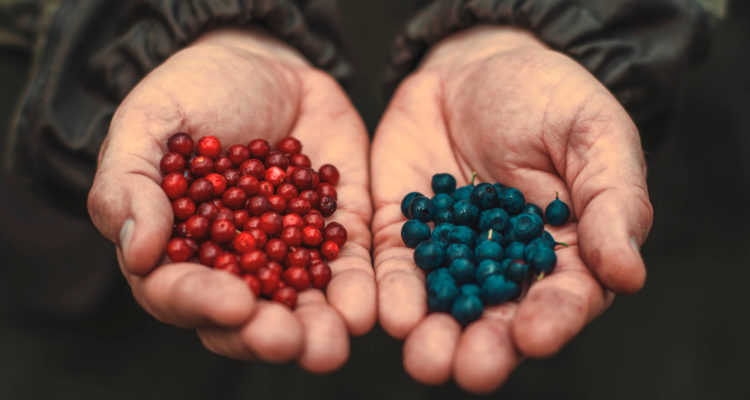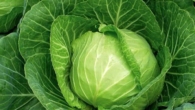
8 popular foods that can be good for the liver
0
From coffee and tea with Brussels sprouts.
A properly selected diet will not cure liver disease and will not get rid of pain in the right side – it is better to consult a doctor. However, certain foods will help protect the liver from damage and thereby reduce the risk of developing certain diseases.
1. Coffee
This drink not only protects the liver, but also slows down the development of existing diseases. Thus, several studies have shown that people who drink coffee every day have chronic liver diseases less likely to develop into cirrhosis or cancer. And even medicine—the same antiviral therapy used to treat hepatitis—works better with coffee.
This effect is so noticeable that researchers recommend encouraging daily coffee consumption by patients with chronic liver disease.
2. Tea
The hepatoprotective properties of this drink have been studied a little less, but it seems that green tea can be a good alternative to coffee.
For example, according to a study involving more than 1,300 men, people who drank 10 cups of green tea a day improved blood parameters related to liver health. Another small analysis found that patients with non-alcoholic fatty liver disease who drank 700 ml of green tea daily for 12 weeks had a reduction in body fat.
In a review of various papers, Chinese scientists say , that people who like green tea are less likely to get liver cancer. Moreover, those who drink four or more cups every day have the lowest risk.
As for black tea, it was studied in mice and generally came to the same conclusions: black tea extract also improves blood parameters related to liver health.
Keep in mind that drinking all natural tea is worth it. Herbal or dietary supplements containing tea extract have been shown to damage the liver rather than protect it.
3. Grapefruit
Scientists have not yet found out how useful it is to eat the fruit itself or drink the juice. But it is confidently assumed that the antioxidants contained in it can protect the liver.
We are talking about two antioxidants that grapefruit is rich in – naringenin and naringin. In animals, these substances slow down fibrosis (scarring) of the liver and its accumulation of fat. And they also help the body process alcohol better, somewhat mitigating the destructive effect of alcohol.
4. Cranberries, blueberries, blueberries
Like grapefruit, these berries are rich in antioxidants that are good for the liver.
Scientists have not yet experimented with humans, but research on mice is unequivocal: in animals that received berries or juice for more than three weeks, the organ begins to feel better. It increases the activity of immune cells and antioxidant enzymes. This means that the liver suffers less from adverse external influences.
A small test-tube study showed that the antioxidants found in berries suppress the development of cancerous changes in human liver cells.
5. Brussels sprouts and broccoli
It is the same story with them as with berries: numerous animal studies confirm the hepatoprotective properties of these vegetables. Their use reduces the risk of obesity and liver cancer in mice and increases the level of detoxification enzymes — that is, the organ is better protected from the effects of unhealthy food or harmful environmental conditions.
Experiments were also conducted with human liver cells: the protective effect was maintained, even if the Brussels sprouts were baked in the oven or steamed.
6. Nuts
Several studies have shown that daily consumption of nuts reduces the risk of developing non-alcoholic fatty liver disease. This effect is especially noticeable in men. Given that this disease can develop into cirrhosis and cancer, nuts should be included in the diet at least for prevention.
7. Fatty fish
Tuna, salmon, trout, mackerel, herring, sardines contain many omega-3 fatty acids. A meta-analysis confirmed that these acids help reduce the amount of fat in the liver in people suffering from non-alcoholic fatty liver disease or non-alcoholic steatohepatitis (a dangerous condition that can lead to fibrosis and cirrhosis).
8. Olive oil
Research shows that a Mediterranean diet rich in extra virgin olive oil reduces the risk of non-alcoholic fatty liver disease and improves blood flow and metabolism in the liver. As in other cases, the data is still insufficient to unequivocally consider olive oil as a preventive agent. However, scientists continue to study the properties of this product.









Leave a Reply